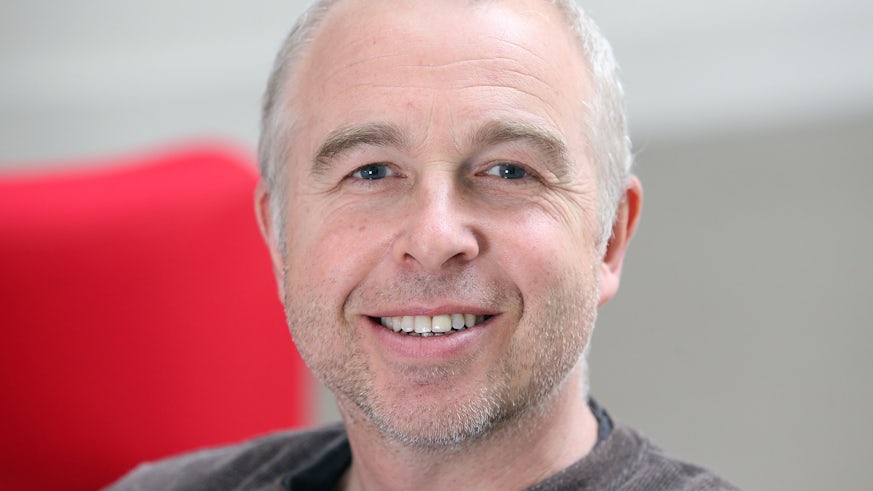Researchers from Cardiff University have received a grant of nearly £280,000 to explore a new way of preventing prostate cancer from returning and spreading after surgery or radiotherapy.
The grant has been awarded by Prostate Cancer UK as part of the charity’s new £2.6 million Research Innovation Awards scheme. This initiative encourages researchers to develop forward thinking, ambitious research proposals which challenge the status-quo.
Led by Dr Richard Clarkson of the European Cancer Stem Cell Institute, researchers plan to test the ability of a new experimental agent to kill prostate cancer stem cells which they believe are responsible for driving cancer recurrence in men with high-risk localised prostate cancer.
Dr Clarkson said; “Even when prostate cancer is caught and treated before it spreads outside of the prostate, it currently comes back far too often. In fact up to one third of men who have their prostate removed, or have radiotherapy, find that their cancer returns some time after treatment.
“This new experimental agent targets the cells that we believe cause the cancer to return. Our hope is that this study will pave the way for its use alongside existing prostate cancer therapy to help patients remain cancer free. We’re incredibly grateful for this grant from Prostate Cancer UK and can’t wait to get started.”
Prostate cancer kills over 540 men in Wales every year and over 2,500 are diagnosed with the disease. Over the next ten years Prostate Cancer UK has set out to tame prostate cancer so that it becomes a disease that doesn’t pose the same threat to men’s lives that it does today. In order to achieve this aim, the charity is concentrating all of its research firepower on three key areas: diagnosis, treatment and prevention.
Dr Iain Frame, Director of Research at Prostate Cancer UK, said; “Through shifting the science over the next decade, we want to transform prostate cancer into a disease that the next generation of men will not fear.
“We’re delighted to be funding our first ever Research Innovation Awards, which has been made possible thanks to the generous donations of our supporters. We challenged the research community to think creatively and send us ideas we’d never seen before, that could really change the game for men. We weren’t disappointed. Pioneering research like this from Dr Clarkson, is going to play a key role in helping us to achieve our ten year goal and we’re looking forward to seeing how this research progresses.”

